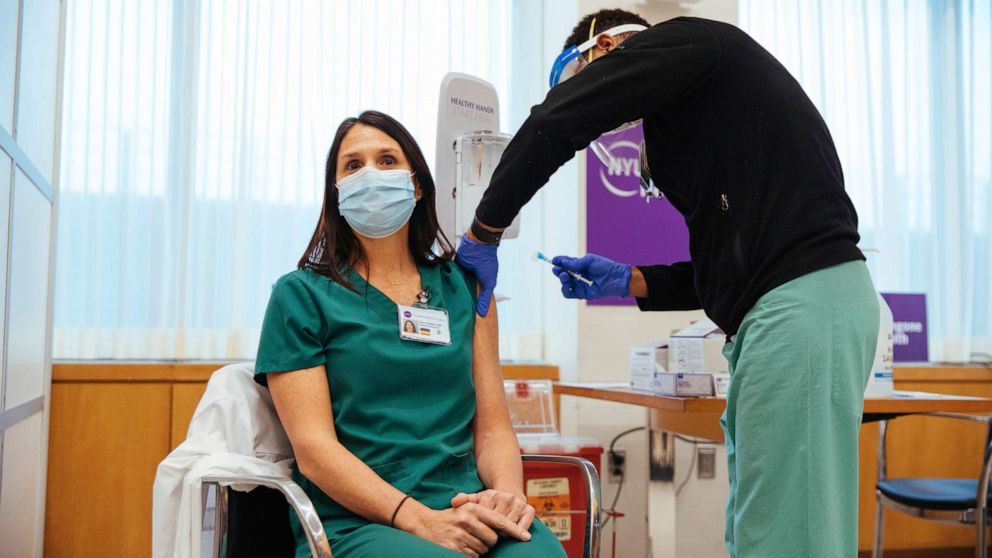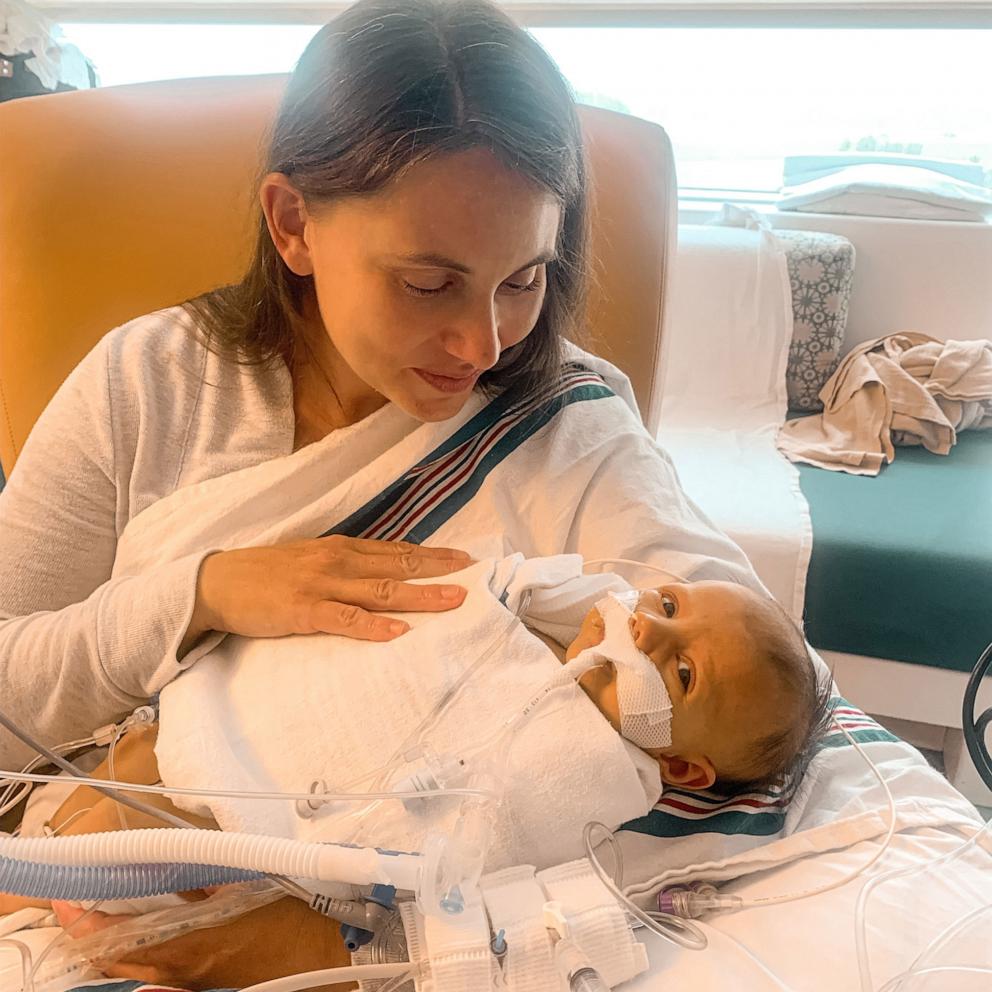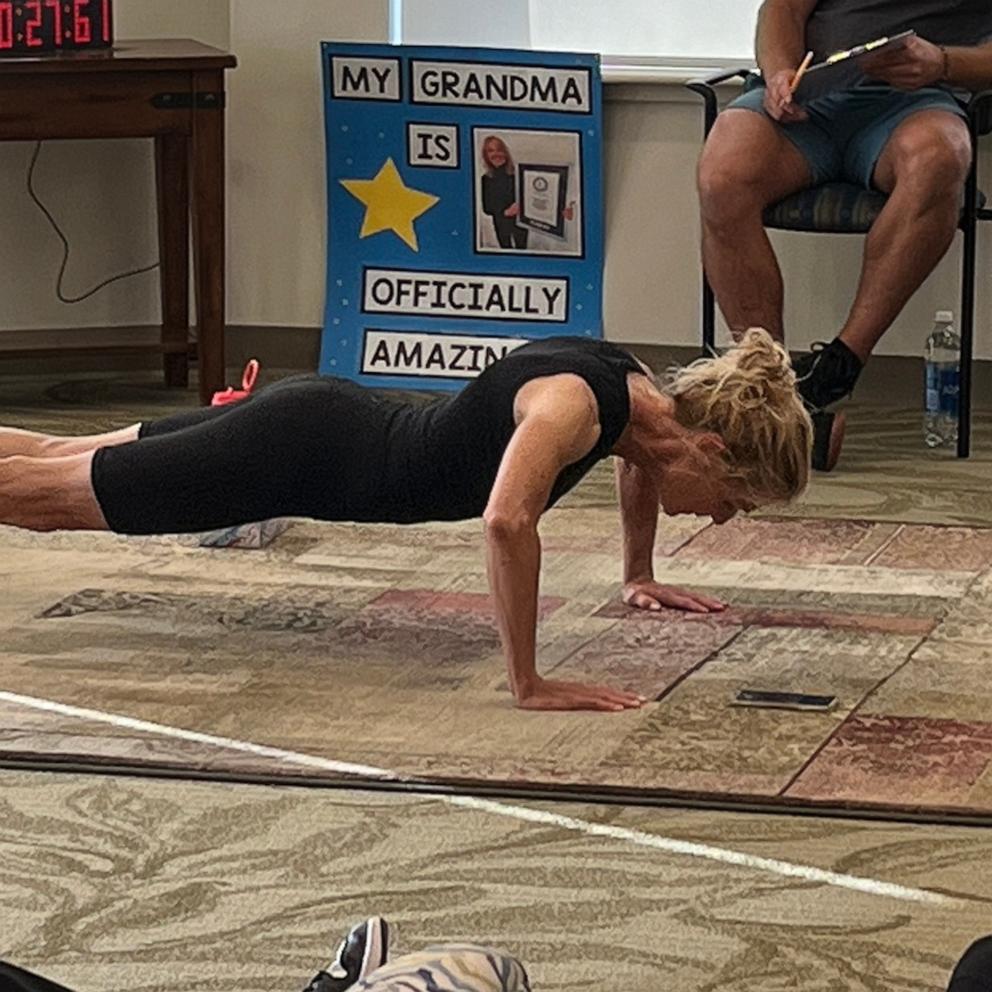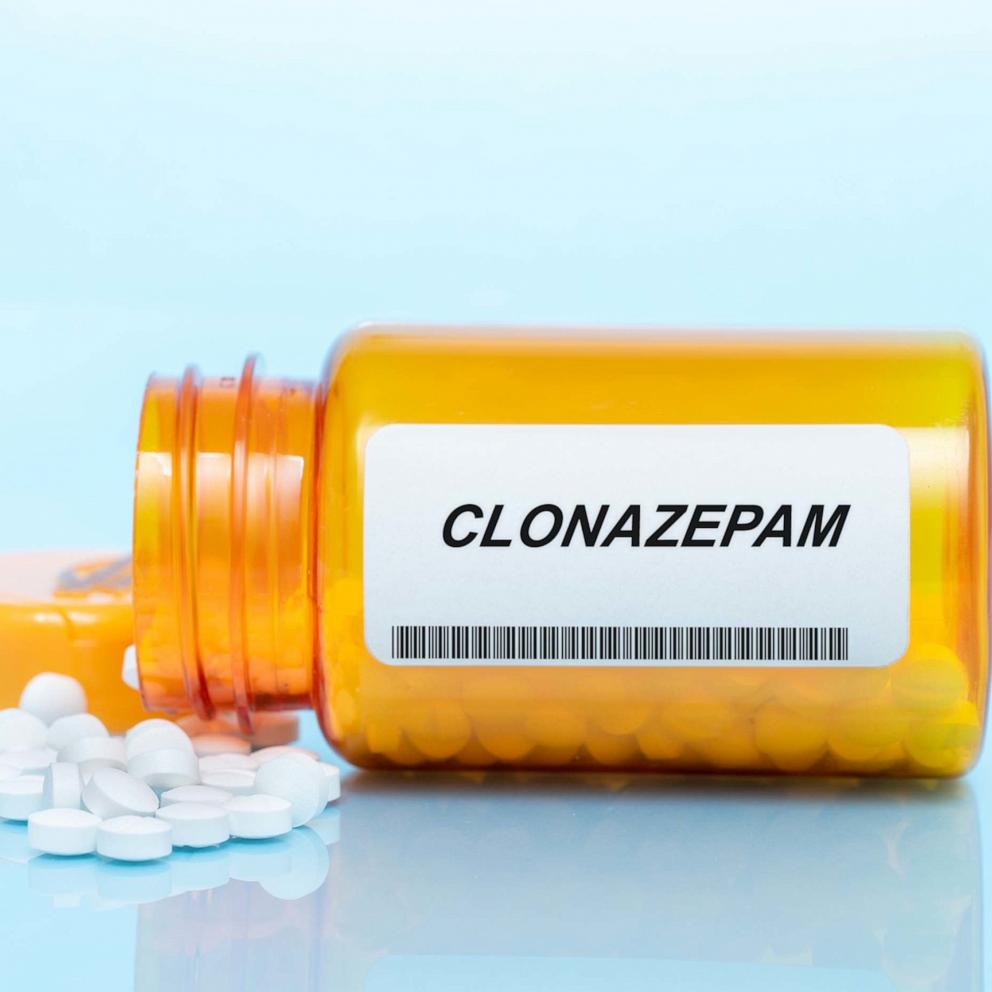People who had COVID-19 should still get the vaccine, doctors say
As COVID-19 vaccine maker Moderna joins Pfizer in distributing the vaccines to millions of Americans, some might be wondering if they should still get vaccinated if they’ve already had a COVID-19 infection or have tested positive for antibodies.
The short answer is yes. People who have had COVID-19 “should still be vaccinated when they are eligible,” said Dr. Jose Romero, chair of the Centers for Disease Control and Prevention’s Advisory Committee on Immunization Practices.
The committee is responsible for recommending who’s first to get the limited vaccine doses being made and has put health care workers and residents of nursing homes and other long-term care facilities at the top of the list. It recently recommended that frontline essential workers and those ages 75 and older be a part of the next phase.
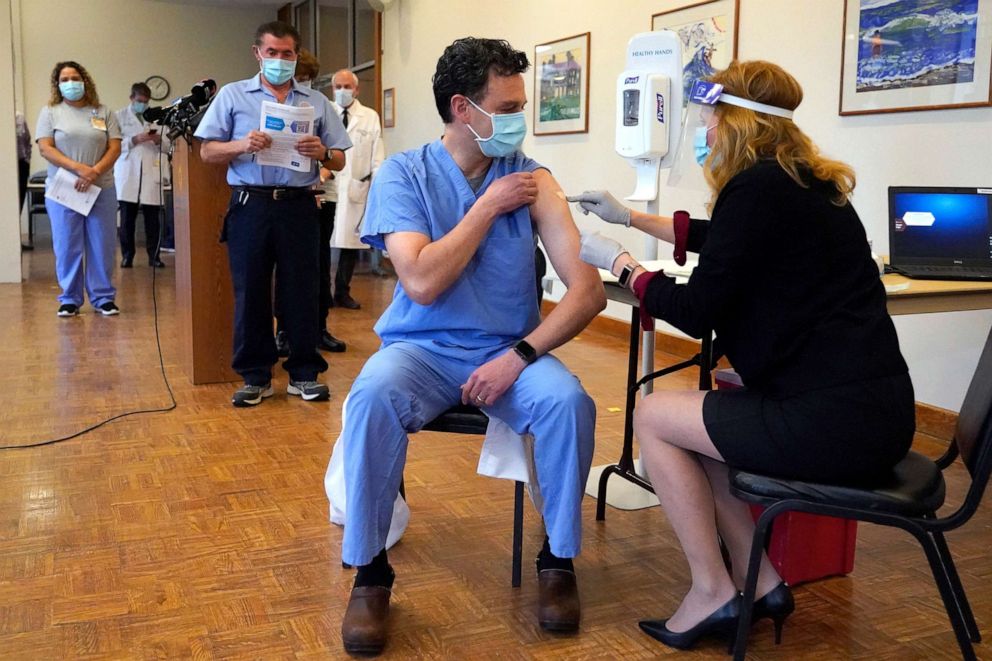
Dr. Alicia Widge, a principal investigator in Moderna’s phase 1 clinical trial at the National Institutes of Health’s (NIH) Vaccine Research Center, said it would be “advantageous” for people who’ve gotten COVID-19 to still get the vaccine, because the immune response triggered by natural infection can differ from one person to another, while the response triggered by a vaccine is more consistent.
“The research that’s been done so far shows that the immunity you get from natural infection is variable. In some individuals, we see it lasting several months, and in others, not as long,” Widge, the associate chief of clinical research and development for the NIH’s Clinical Trials Program, told ABC News.
“Vaccination could boost the immune response that they already have from natural infection,” she added. “So I think, based on what we know so far, it would be safe and would be advantageous to still be vaccinated after you’ve been infected.”
Widge said Moderna’s mRNA vaccine was developed with “atomic-level precision” against COVID-19. She was among other doctors who recently co-authored a letter to the editor of the New England Journal of Medicine reporting that Moderna’s vaccine produced high levels of antibodies in 34 trial participants and that they remained high three months after the second dose.
“This is a really good sign that this vaccine has the potential to provide durable immunity against COVID-19,” she said. “Of course we’re still collecting information on even farther out than that.”
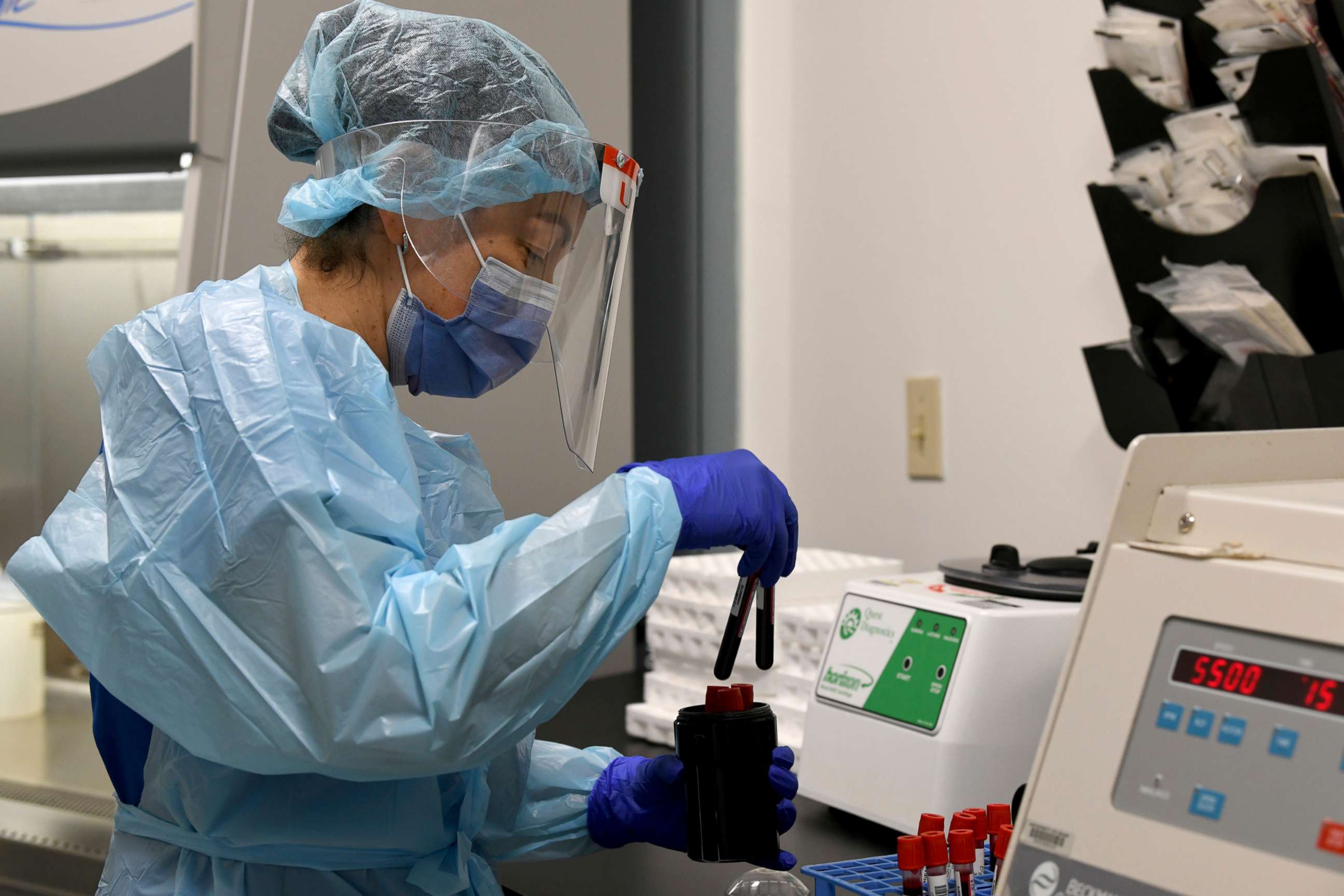
There are still many unknowns with regard to how long immunity from both natural infection and vaccination last, as well as what exactly that means with regard to the possibility of getting re-infected or being an asymptomatic carrier.
“I think that to answer that 100%, we just need more time to look at people and see whether people are getting re-infected,” said Dr. Ania Wajnberg, an associate professor of medicine and the medical director of Mount Sinai’s antibody program in New York City. “Thankfully, it looks very rare, but I think we need a little more time to know for sure.”
"From the phase 3 trials, we know that these vaccines are effective at preventing symptomatic COVID infection, but we don't yet know whether individuals who are vaccinated are prevented from spreading the virus to others," Widge added. "And that's why it's still important, even when people are vaccinated with these vaccines under emergency use authorization, that they still continue to wear masks and practice social distancing, because we don't yet know whether the vaccine will prevent them from spreading the virus to others."
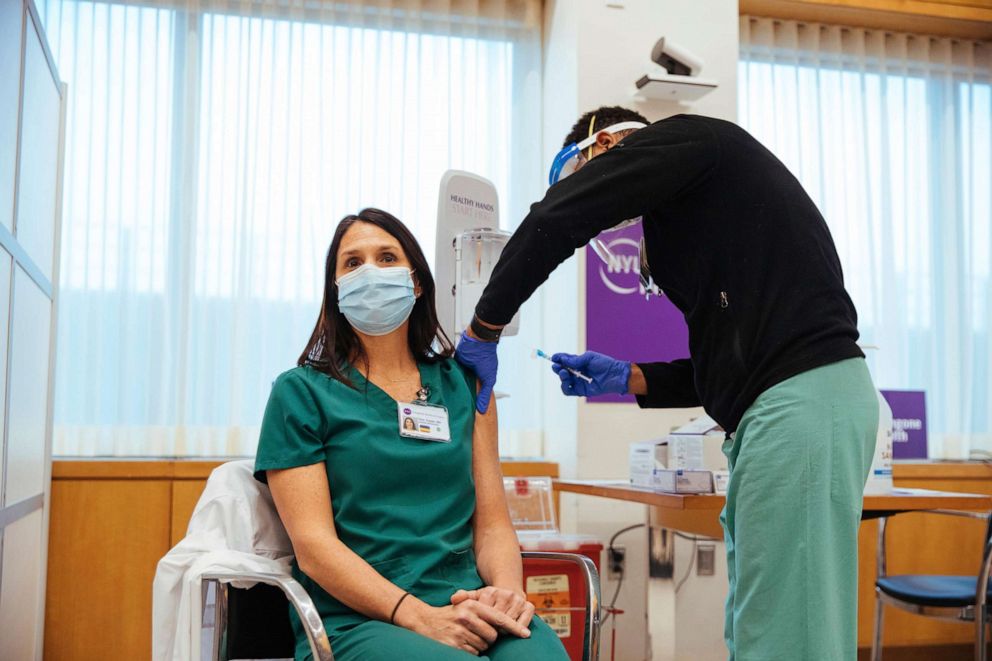
Wajnberg has been tracking tens of thousands of the earliest mild to moderate COVID-19 patients since March in hopes of finding out how long their antibodies stick around, as well as how potent they are within each person’s body.
In a recent report in the journal Science, she and her colleagues wrote that more than 90% of the 30,000 patients they’ve been tracking developed antibodies against COVID-19 and that they persisted at least five months after infection.
Still, antibody levels in these patients varied: Some patients saw modest declines in antibody levels, and antibody responses in 40% of those who had asymptomatic infections disappeared after eight weeks.
“That’s why we’re basically saying the vaccine, if anything, will give you a boost in your antibodies so that everybody is at a super high level, which is good,” Wajnberg said.
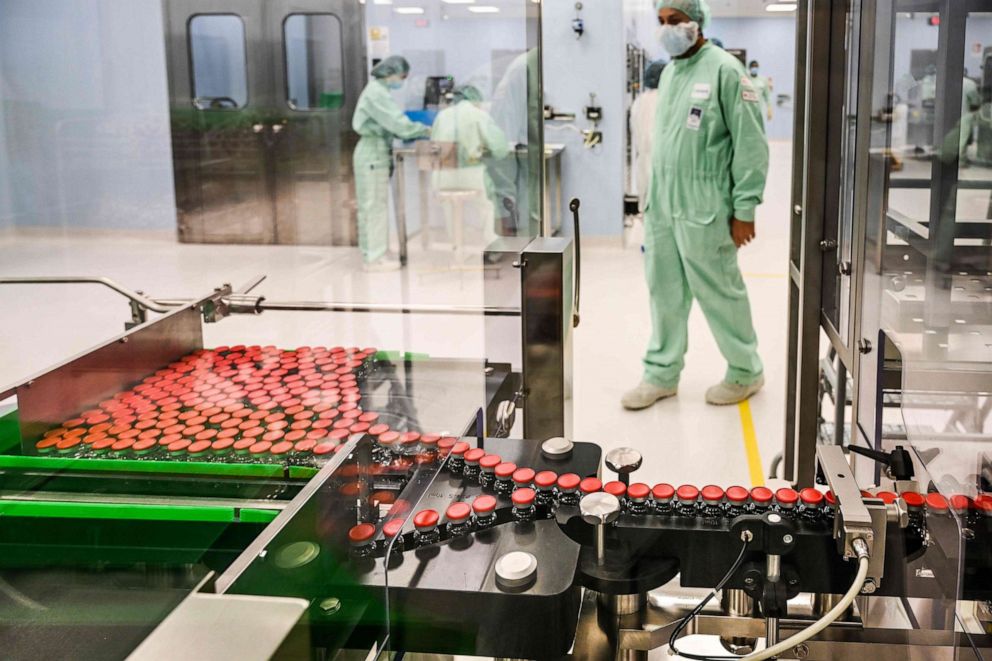
She said her team plans to continue to check in with these patients every two months to see if their immune responses remain stable over time. Nevertheless, she said she’s “optimistic that the immune response, certainly from the vaccine, will last for some time.”
“Maybe not the whole rest of your life -- there are some vaccines that are like that,” she said. “But I don’t think we have great evidence that we’re going to need to get this like, every year. I think it’s going to be longer than that, but we’ll see.”
In the meantime, speaking to health care workers who are first to receive the vaccine, Romero said those who recently had a COVID-19 infection could choose to let other health care workers get vaccinated first, as they might still have some protection. Still, he said they should all be vaccinated as part of the ACIP’s initial phase.
